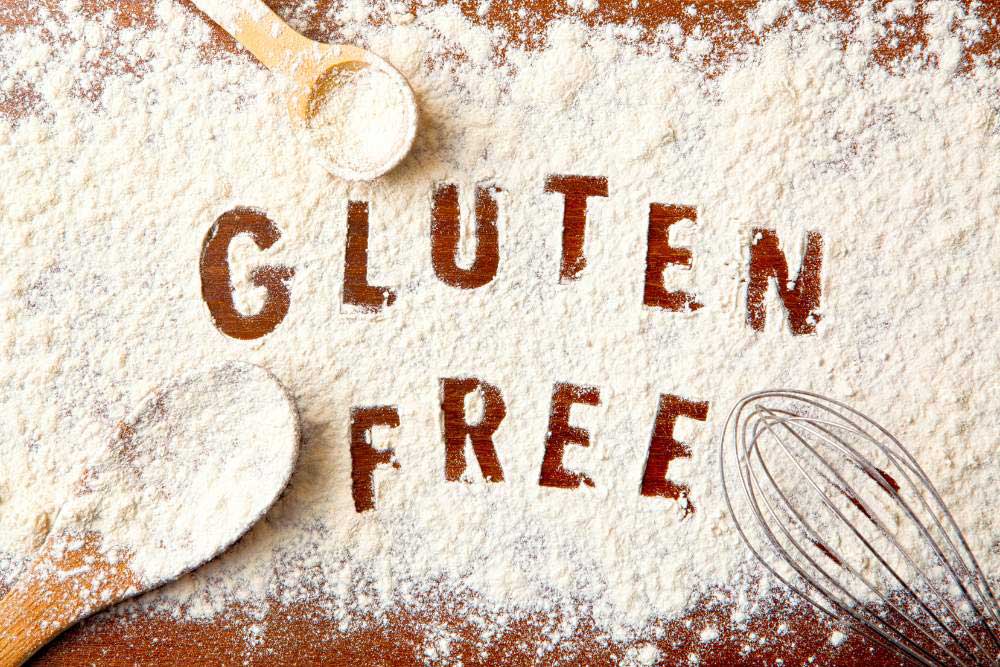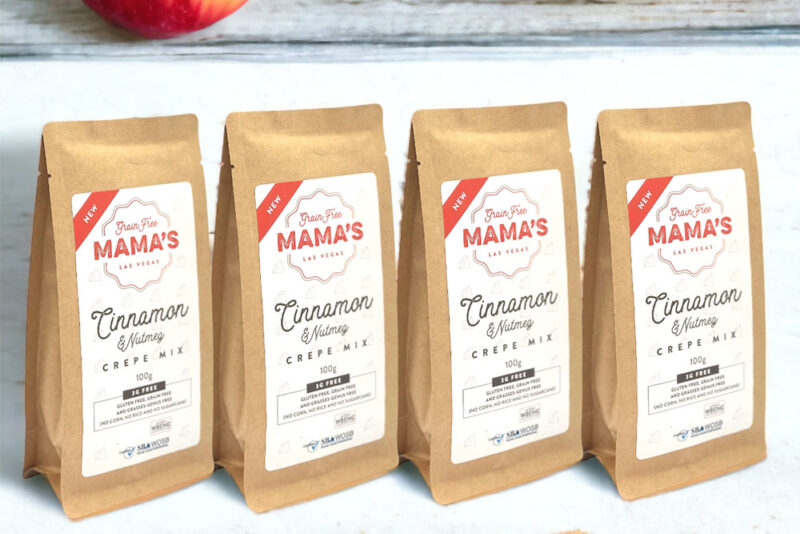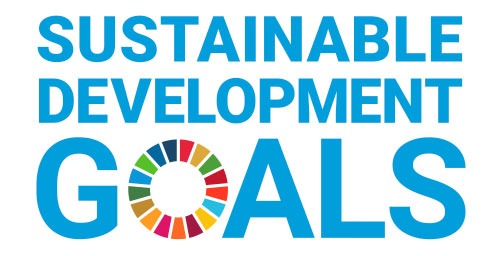Gluten-Free Wheat – Progress or Newest Problem?

The U.S. Food and Drug Administration’s (FDA) recent approval of gluten-free wheat is being touted as a significant milestone in the food industry, especially for those with gluten sensitivities or celiac disease. The FDA says that this development is poised to revolutionize the market for gluten-free products, which has seen rapid growth in recent years. However, as with any major scientific advancement, there are both potential benefits and drawbacks to consider.
Wheat is part of the grass family, as are all the common grains (oat, barley, rye, millet, sorghum, teff), including corn and rice, as well as cane sugar (the most common source of sugar). These ingredients account for a whopping 95% plus in baked goods, both traditional and gluten-free. Furthermore, most people who are allergic to grass continue to consume these ingredients 2 or more times per day, every day.
The National Library of Medicine states the following:
“Pollen allergy is a global health problem1 and affects a significant percentage within the population of industrialized countries ranging from 5 to 30%.2 The frequency of pollen allergies is still presumed to rise3 as well as its impact on the health care system and other socioeconomic factors.1,4 In Austria about 1 million people out of 8 million inhabitants suffer from pollen allergies.5 The most common pollen allergy in Austria including the highest sensitization rates (more than 50%) can be attributed to grass pollen.6 Grass pollen allergy itself is one of the most common pollen allergies worldwide with sensitization rates up to 30% depending on climate and region.” https://www.ncbi.nlm.nih.gov/pmc/articles/PMC7921880/
Why bring this up now? What if the problem is not just the portion of the protein we call gluten, but in fact the whole thing? Could this be the ‘mysterious’ culprit behind the skyrocketing incidence of autoimmune diseases we are seeing all over the world? This includes the likes of not just celiac and gluten sensitivity, but also Type 2 Diabetes, MS, Lupus, IBS, and many, many, more.
Do the medical professionals even consider a person’s seasonal allergies in connection with food sensitivities and food allergies? These are the kinds of questions that need to be asked before millions more blissfully eat their way to debilitating disease. If the problem goes beyond just the portion of the protein that we call gluten, are we not unleashing a larger health crisis than ever? In 10 to 20 years when we have a trail of problems and a volume of data too large to be ignored, is this going to be when the warning label for these products must include the following?
“Caution: Consuming wheat, oat, rye, barley, millet, sorghum, teff, corn, rice, and cane sugar can lead to the development of autoimmune diseases and digestive problems.”
Although the long-term health impacts of consuming gluten-free wheat are not yet fully understood, there will be a lot of people who will jump on these new products because they have missed the baked goods they grew up eating. The social impact of having to eat differently are many. It can be lonely at almost every event and social gathering, as most involve food. Very few people are comfortable being the different one, which is more often through of as the difficult one. Since there is no audience for the digestive distress in the aftermath of eating, mentally it can be challenging.
Combine this with the cleaver marketing that is already happening, and it will become more difficult if the unsuspecting consumers start having problems with these new ‘gluten free wheat’ products. Will people believe them, or will they face scrutiny and shaming for being too sensitive? I have experienced in my own life, and seen in the lives of others, the pressure to just conform and stop being overdramatic. But when it is your very health in the balance, is this even fair?

Producing gluten-free wheat is more costly than the other cheap grain flours, which will lead to higher pricing for consumers. The cost will be readily spent, which also begs the question; will the large companies mark up the profit because they can? The small-scale farmers won’t benefit equally from this advancement, again widening the gap between large and small-scale producers. This widening gap favors the few large-scale producers and increases their power. Remember, companies do not cook the same way as consumers. They also are not fully invested in the health of said consumers. It’s just the way business works.
The cultivation of gluten-free wheat will require specific agricultural practices, just like those we have lived through with GMO seeds blowing onto organic crops and the resulting problems and litigation for the small-scale and organic farmers. There is also the environmental impact. There will be impact on agricultural biodiversity, especially if gluten-free wheat becomes widely adopted. Will the few large-scale seed producers make it nearly impossible for the smaller farmers to compete and survive?
As a natural food scientist, I understand the significance of such a development in terms of potential health and nutrition. The introduction of gluten-free wheat could be a game-changer, and only time and data will tell the complete story. It is crucial to approach this advancement with a degree of caution. The long-term health effects and potential allergenic properties of this new wheat variant need thorough investigation.
The FDA’s approval of gluten-free wheat is monumental in food science and technology. We seem to have crossed the line in caution about the blatant adoption of synthetically and lab-produced foods as safe advancements. We’ve seen that with the approval of insect protein as safe and desirable. (Cockroaches are one of the 8 classifications of insects approved as insect protein. Gross!) All ideas are not good ideas. However, careful consideration of health, economic, and environmental impacts is crucial. As advancements continue in the field of food science, it’s imperative to balance this innovation with safety, sustainability, ethics, and the value of human health. Otherwise, it would be safe to say that we have all become the rats in the lab.

At Grain Free Mama’s we emphasize health, nutrition, and well-informed food choices. It reflects the ongoing evolution in our understanding of food science and its application in creating better, healthier food options for all. For more information about Grain Free Mama’s, our Baking Mix products, books, and online community, visit our website.

Written by Margie Traxler
Grain Free Mama’s is a FoodTech Consumer Product Goods company. We make gluten/grain/sugar free (Edible Grasses Free), dairy free and botanical nut free baking mixes that put the simple back into simply good for you. We also have educational resources to help you on your healthy eating journey. Margie, the Founder/CEO, received her B.S. in Biology from Portland State University. She has 22 years of experience as a successful Restaurant owner. She lives and operates her business in Henderson, Nevada.





